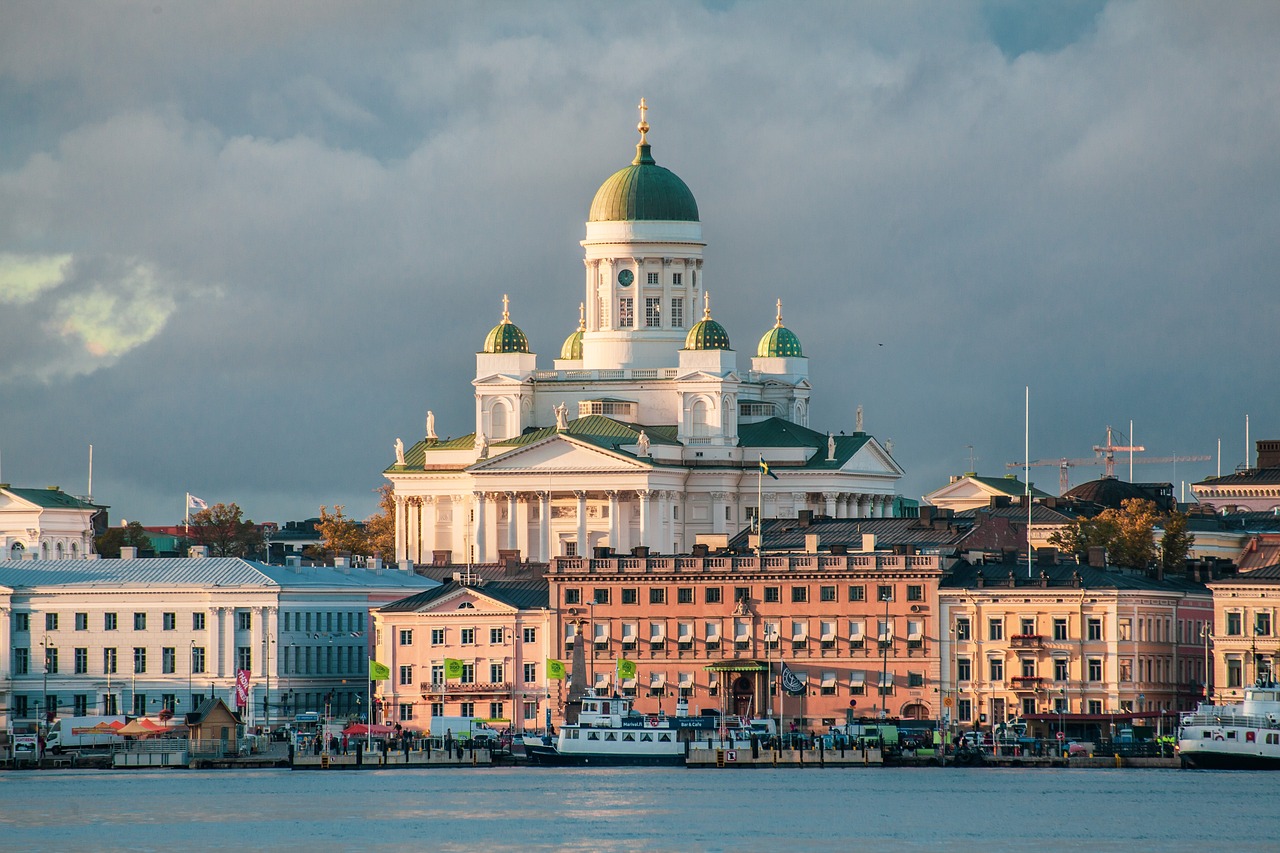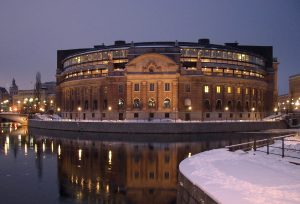Some say Florida is "Orbanizing," but that is not necessarily a bad thing.Continue reading

Scenic views of Helsinki
In an article entitled Hungary and the Nordic Countries: Five Ways the Darlings of the American Right and Left Might Not Be So Different After All, published in the American Spectator news portal, publicist Luke Larson expresses an opinion, according to which Scandinavian governments have lately mirrored some of the policies conceived or championed by the government in Budapest.
In Larson’s view, the American left often refers to Scandinavian countries as successful models of their policy proposals. On the American Right, however, Hungary has emerged as a favorite in recent years, some stating that “the intellectual right in the West is discovering that all roads lead to Budapest.” Despite obvious differences, the author lists an example of five striking political resemblances between Hungary and the Nordic countries.
While during the 2015 European migrant crisis Hungary was ostracized as being a hardliner, in the fall of 2022 the tide had also started to turn against the pro-mass-migration policies in Scandinavian countries. In Sweden’s election in September, the migrant-skeptic Sweden Democrats finished in second place with 20 percent, leading the center-right coalition to a narrow victory. In Larson’s view, there is a sense, though, that the public is souring on the multicultural approach, as violence has exploded in the country due to migrant gangs’ infighting.
In Denmark, continues Larson, migration policies are not expected to tilt left, and stricter stances on immigration have become mainstream.
In Finland, the percentage of the population that is foreign-born is comparable to Hungary’s (7 percent and 5.8 percent, respectively) and until 2019, Finland had a highly restrictive annual asylum quota of 750 refugees. Norway also had fairly conservative policies under a right-wing coalition from 2013–2021.
According to the Article in the American Spectator, Hungary has drawn a lot of criticism for its stance on gender issues, quoting Dutch Prime Minister Mark Rutte who wanted to “bring Hungary to its knees” on the issue of teaching LGBTQ ideology to children in schools. In Sweden the government’s National Board of Health and Welfare has moved to update its guidelines on the treatment of children with gender dysphoria, discouraging the use of puberty blockers, cross-sex hormones, and some surgeries. It is a reversal from a previously “strong recommendation” to use hormones on children as young as 8. Finland has taken similar steps, points out the author of the article. Surgeries are not part of Finland’s medical guidelines and puberty blockers are strongly discouraged.
Hungary has chosen to forge its own path during the conservative Fidesz party’s 12-plus years of leadership, which led to regular tussles with the European Union.
Situated at the crossroads of competing empires for over a thousand years, Hungarians have developed a fierce independent streak,
reminds Larson, adding that Nordic countries have also shown a certain degree of skepticism toward supernational organizations. Sweden and Denmark, for example, have chosen not to adopt the Euro, while Norway and Iceland, have declined EU membership altogether. A 2015 survey showed Swedes and Finns are the Europeans most likely to say that they would be willing to fight to protect their country.
Perhaps the clearest example of a Nordic country charting its own path was the Swedish approach to COVID, writes the author of the article, pointing at a form of “national exceptionalism”.

The Swedish Riksdag. Photo: Wikipedia
Support for parents and children in countries like Sweden and Denmark is generous. They offer substantial paid parental leave and subsidize childcare, as in Denmark where cost is reduced by 75 percent. In Finland, families receive a maternity package, or in Norway, families receive roughly $160 a month for each child under the age of 6 in the household.
The Fidesz government in Budapest has offered significant tax reductions, loan opportunities, and cash payments for families with children, writes Larson.
Hungary’s efforts were primarily aimed at boosting its small birthrate and stagnating population.
Yet as the author of the article points out, attitudes in the Nordic countries are mixed. For instance, Annika Strandhäll of Sweden’s Social Democrats party compared Hungary’s pro-natalist family policy to Nazi Germany in 2019. What the author of the article fails to discuss though is that while Hungary had managed to at least slow down its population decline by increasing the birthrate from the all time low of 1.2 under the previous socialist governments to over 1.6, Scandinavian countries have only managed to stabilize their population decline through mass immigration from third-world countries, where large family sizes are common.
The Nordic countries are well known for their commitment to environmentalism. Similarly in Hungary, Viktor Orbán announced the Climate Protection Plan, which, among other goals, aims to reach 90 percent carbon-free energy production by 2030, support electric vehicles, and significantly increase solar power. In a 2020 article, Minister of Justice Judit Varga noted that the topic “has so far been largely monopolized by the liberal left” and called for a conservative prioritization of environment rooted in “Christian and patriotic duty.” A 2019 Pew Research survey showed that the portion of Hungarians who consider climate change a “major threat” (66 percent) is roughly equal to that of Sweden (69 percent).
The green approaches of the Norwegians and the Hungarians are both comfortable with the use of oil. Norway is Europe’s largest oil producer outside of Russia. The Orbán government has opposed EU attempts to cut off the flow of Russian oil, arguing that, at this point, providing sufficient energy without it is not feasible, reminds Larson.
On key issues like immigration, transgenderism among minors, COVID, and abortion the Nordics have applied the brakes. In the author’s view, this should “encourage American liberals to take on a more nuanced view of Viktor Orbán’s Hungary, which is often lambasted in U.S. media for stances that nowadays resemble those of the Nordics. Perhaps Hungary is not the dramatic outlier it is often made out to be”, sums up his thoughts the author of the American Spectator article.
Via American Spectator, Featured Image: Wikipedia